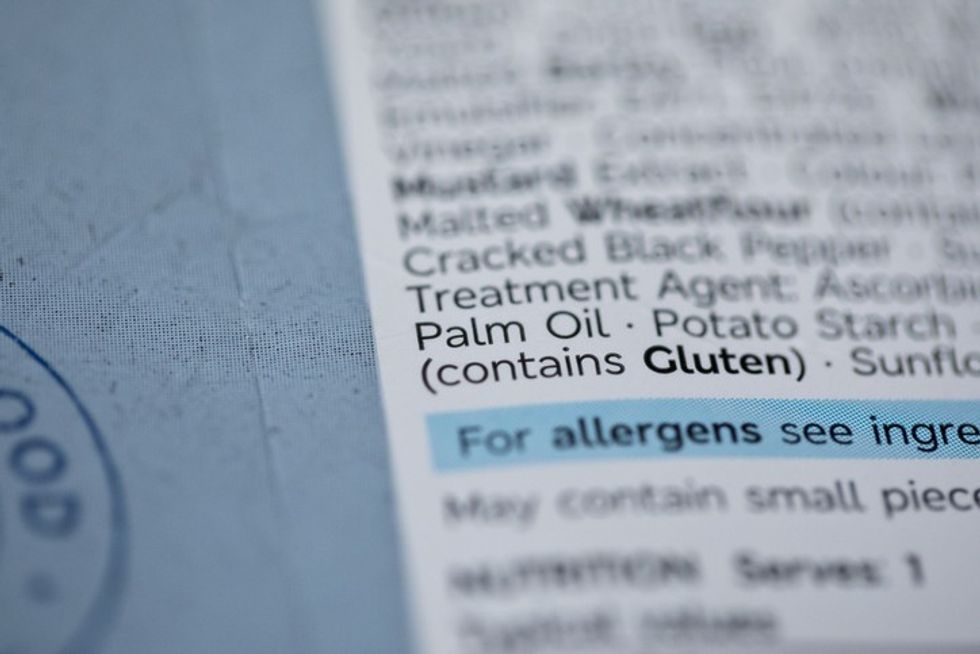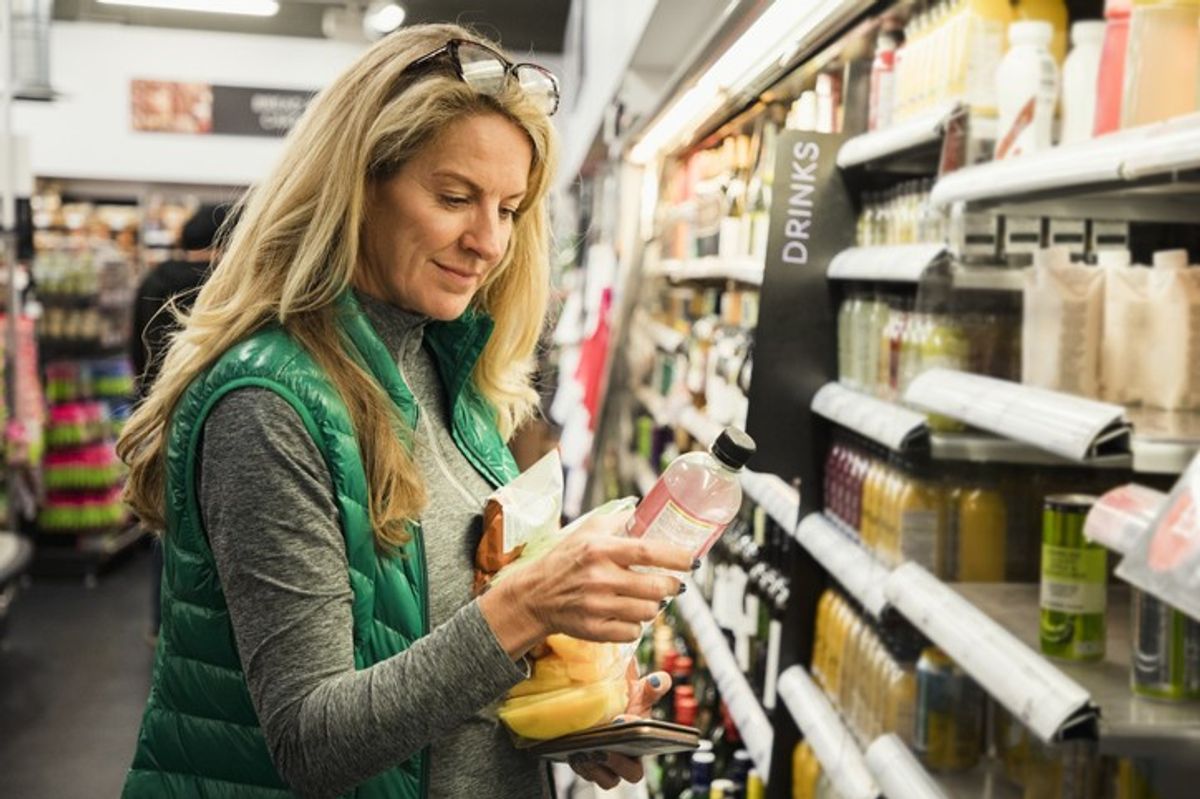From Oct 1, all foods produced and packed for sale at the same premises must be labelled with a full list of ingredients. The UK Food Information Amendment, also known as ‘Natasha’s Law’, is being introduced to protect allergy sufferers and give them confidence in the food they buy.
As per the new law, the name of the food and all ingredients must be listed on the packaging of all prepacked food with allergenic ingredients emphasised clearly. These changes will first apply to businesses in England and are also expected to come into force in Scotland, Wales and Northern Ireland in the near future.
Currently, food prepared on the premises in which it is sold is not required to display allergen information in writing, leaving people with food allergies at risk of inadvertently consuming products that could make them seriously ill, or even kill them.
The new law was brought about after the death of 15-year-old Natasha Ednan-Laperouse in 2016, who had an allergic reaction after eating a Pret A Manger sandwich whose packaging did not disclose it contained sesame seeds. She had purchased the sandwich at Heathrow airport and later collapsed on a flight to Nice. Following her death, Ednan-Laperouse’s parents campaigned for new legislation around food labelling after which in June 2019, the government announced that it would bring Natasha’s Law into effect from October 2021.
Who will be impacted?
Since the law impacts the sale of Prepacked For Direct Sale (PPDS), it of course will impact convenience stores that offer fresh hot food to go.
So from Oct 1 , a sandwich, burger, pizza or a similar food-to-go item made by staff earlier in the day and placed on a shelf for purchase should be well-labelled showing all the ingredients with allergenic ingredients emphasised within that list.

Other businesses to be affected include cafes and coffee shops, takeaway and fish & chip restaurants, sandwich shops, farm shops, as well as work, school and hospital canteens as well as voluntary and charity organisations who undertake fundraising events such as bake sales.
What to do?
The law says that the allergens must be declared in written format at the point of presentation, point of sale or point of supply. Most importantly, the labelling must be legible, easily understood by customers and accessible without having to ask a staff member.
The label for PPDS food will need to show:
- the name of the food
- an ingredients list
- any of the 14 allergens emphasised in the ingredients list, if these are present in the food.
The 14 allergens required to be labelled by food law are celery, cereals containing gluten (such as barley and oats), crustaceans (such as prawns, crabs and lobsters), eggs, fish, lupin, milk, molluscs (such as mussels and oysters), mustard, peanuts, sesame, soybeans, sulphur dioxide and sulphites (if they are at a concentration of more than ten parts per million) and tree nuts (such as almonds, hazelnuts, walnuts, brazil nuts, cashews, pecans, pistachios and macadamia nuts).

The allergenic ingredients within the food must be emphasised every time they appear in the ingredients list, says the new law, by making them bold or in capital letters, contrasting colours or through underlining.
What not to do?
Where the allergen is explicit in the name like “Egg Mayonnaise”, it is not mandatory requirement to declare egg as allergen.
General statements such as “this product may contain a specific allergen” cannot be used, as per the law.
A general statement saying "ask your server if you have any food allergy" can not be used.
Natasha’s Law will not be applicable for fresh fruit and vegetables, including potatoes, which have not been peeled, cut or similarly treated.
Penalty under Natasha's Law
Businesses failing to follow the new rules could face a fine of up to £5,000 per offence, reports said.


